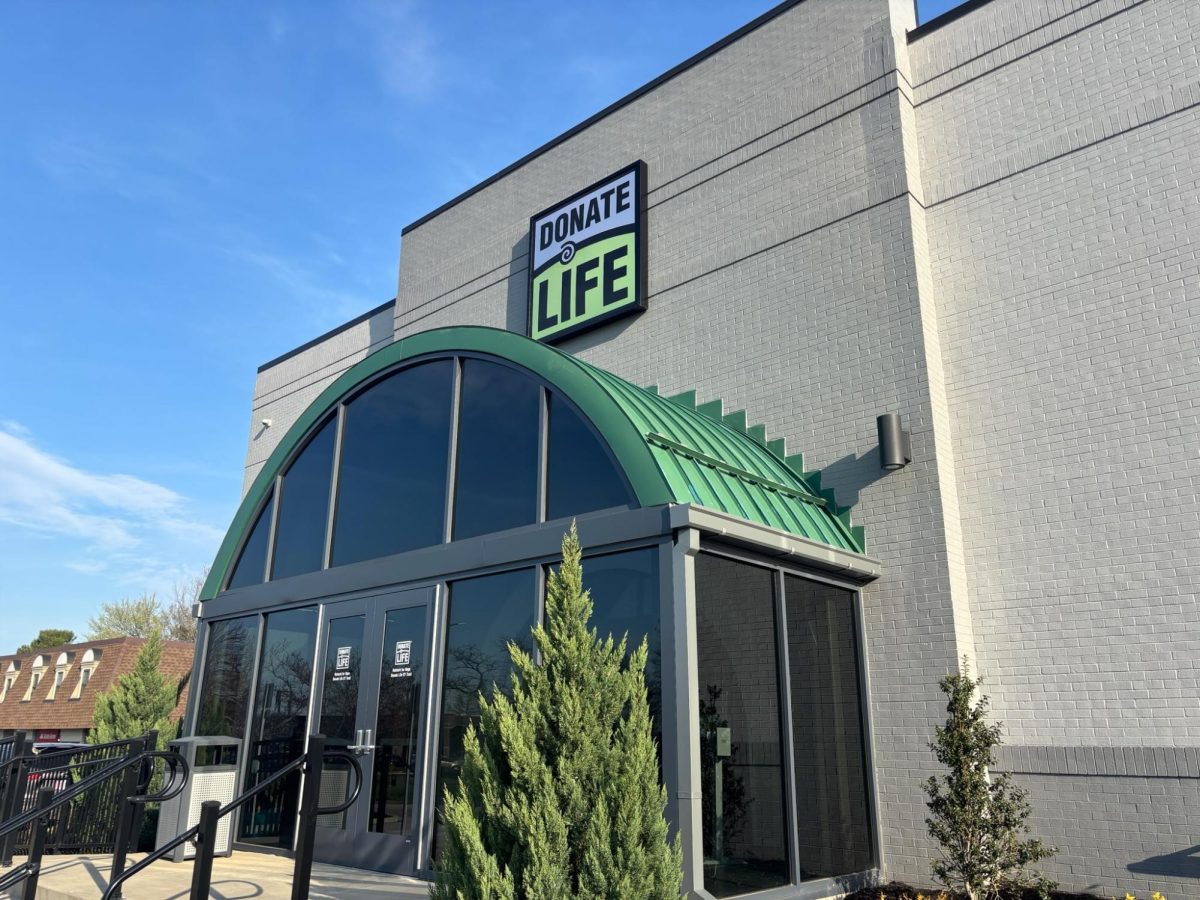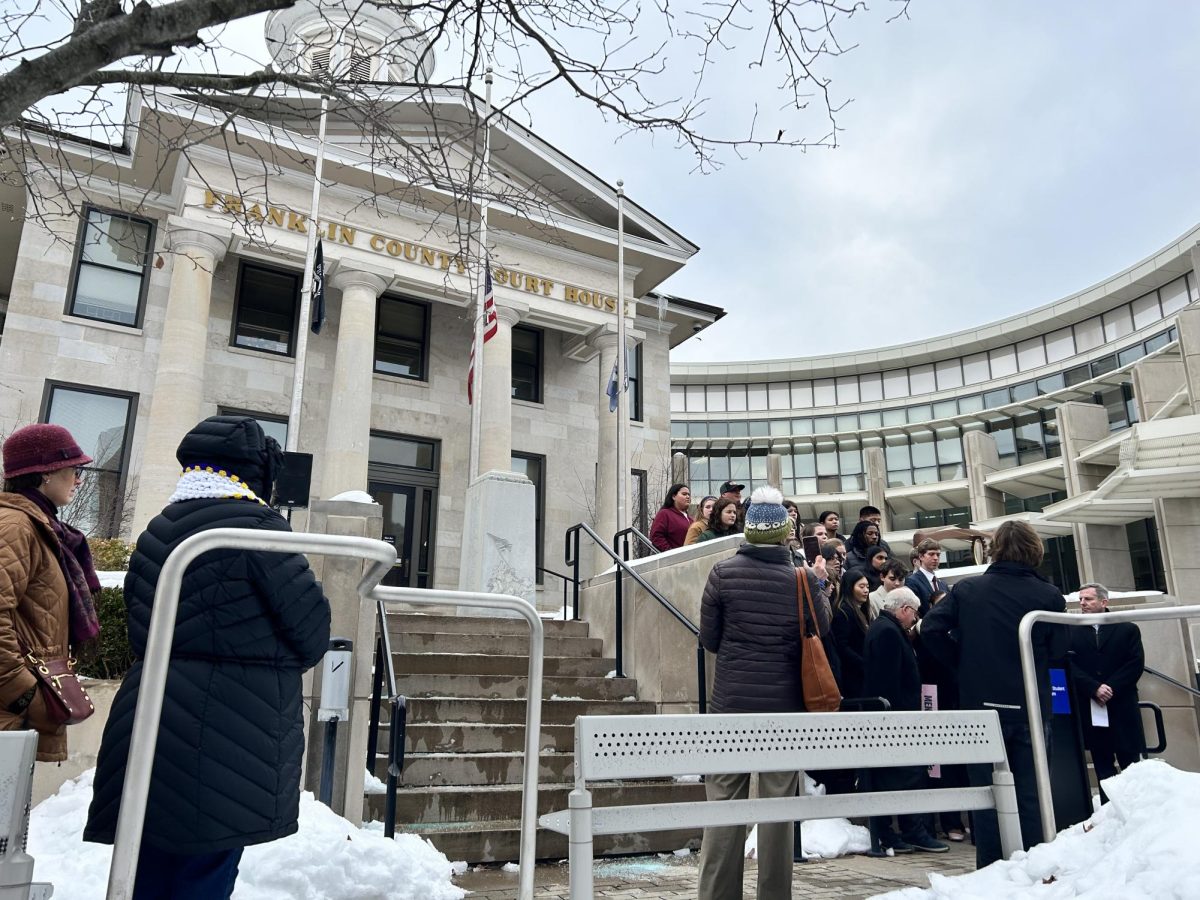It’s the day you’ve been waiting for. It’s your 16th birthday. You’ve studied hard for the test, and you know you’re going to pass. You get to the DMV and wait your turn. You’re so amped to get your permit that you barely even hear the lady at the desk ask, “Do you have your school compliance verification form?”
On Jun. 25, 2007, Kentucky passed the “No Pass, No Drive” bill to discourage students from dropping out of high school.
The bill requires that students ages 16-17 to must be passing at least 4/6, or sixty-six percent of your classes and must have fewer than 9 unexcused absences in one semester in order to get a driver’s permit, a restricted license, or a full license.
Students must get a school compliance verification form from their counselor, and will turn it in with the other forms necessary to apply for their permit or license.

This law does not apply to students who have already graduated from high school or have obtained their GED.
If a student does not meet the requirements, they will have their license revoked until they do. If a student does not meet the requirements but needs their license for a good cause, they may request a hearing with the District Court.
The law has attracted both critics and supporters.
Critics say that the law is too harsh, and does not have enough provisions for students looking for their GED or for students with extraordinary conditions.
Supporters point to studies like No Pass No Drive: Education and Allocation of Time to show how these types of laws help increase educational attainment.
In 2013, Kentucky’s high school graduation rate of 87.5 percent placed it as number nine in the country, beating the national rate of 82.3 percent.








